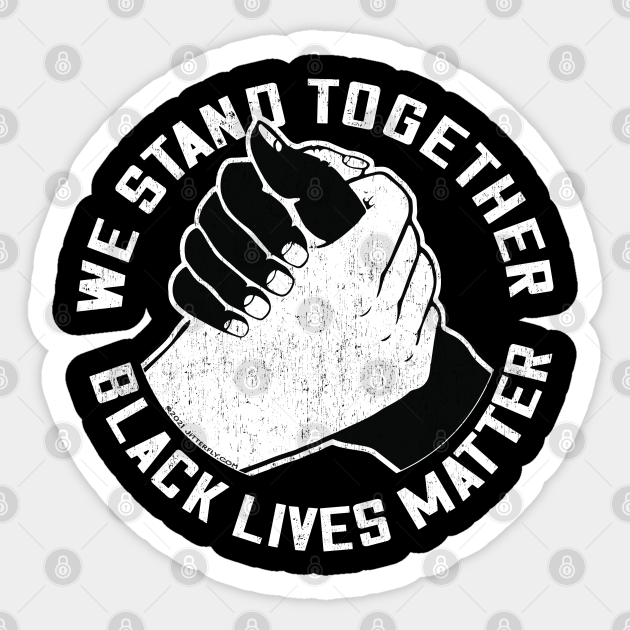In general, Germans do what their authorities tell them to do.
Not unlike millions of Americans during the lockdowns, BLM riots, Ukraine war, etc.
.
.
.

.

.

.
Posted on 10/29/2022 9:22:24 AM PDT by sphinx
It is hard to try to remake a film that is considered a classic (and even though released 92 years ago still tops lists of the greatest war films ever made), much less trying to do a new take on something that won Best Picture. Berger and his co-writers, Lesley Paterson and Ian Stokell, and his crack team of artisans should be congratulated for making the attempt, and one that actually turns out to be a smart move. Why not tell this very German story from a German POV for a change? It is surprising it hasn’t been done before, but it has been done now with a film that looks very polished thanks to fine cinematography from James Friend, production design from Christian M. Goldbeck, and a terrific score by Volker Bertelmann. Editing by Sven Budelmann is also excellent, and even at 147 minutes this thing moves.
(Excerpt) Read more at deadline.com ...
You can certainly understand the disgust the common man had with the World Order that created that catastrophe. The Bolsheviks tried to exploit that disgust, and they came very close to truly achieving a worldwide revolution as a result.
In general, Germans do what their authorities tell them to do.
Not unlike millions of Americans during the lockdowns, BLM riots, Ukraine war, etc.



The closest comparison would be ...
—
Ukraine vs Russia - has elements of both wars from trench to mobile warfare. Life styles of the Ukraine High Command vs the Russian High Command vs the troops in both armies.
The Lost Battalion is another good WWI movie.
If it was that plan horribly backfired. For the English, the Great War killed so many sons of aristocratic families, soldiering being one of the few acceptable careers for that class, the peers permanently lost their political and cultural power. For the most part, they became reminded of different times.
WWI brought Western civilization out of the quiet drawing rooms and into the noisy barrooms of The Roaring 20s.
The novelist of All Quiet, Erich Maria Remarque, followed up with another novel, called “The Road Back”, about the postwar chaos. It depicts the damage of war in very human terms, such as horrific casualties having to beg the government for their pensions. The silent parade of the wounded is both horrific and unforgettable.
A lot of artists and novelists were transformed by the war, leading to radical artistic and cultural advances, along with a desperate search for alternative ways of government and living.
The split between international socialists and national socialists that had happened before the turn of the Century, in Europe crystalized around communism and fascism; in the US, both camps called themselves “progressives”, the internationalists following Woodrow Wilson, and the nationalists following Teddy Roosevelt.
The vast majority of Americans did not embrace either of these extremes, already associating communism with the horrors unfolding in Russia, associating socialism with anarchism (which everyone at the time condemned), and national socialism with Nazis and fascists, who were as disdained then as now by the moderate majority.
The big push to end the war occurred when the sailors of the German High Seas fleet refused to go on a suicide sortie. This triggered the German Revolution ending the 2nd Reich.
Interesting the Germans said no we had enough, while the sailors of the Imperial Japanese Navy said yes to the Yamato kamikaze mission.
There is a good book about Western culture leading up to the Great War and the cultural impact of the war titled “Rites of Spring”. The title refers to the premier of Stravinsky’s modernist piece with the Ballet Russe in Paris around 1905. Perhaps one of the most notorious premieres in music history as supposedly a riot broke out between conservatives and radicals
That’s an excellent, insightful post. Thanks.
The extreme hedonism and fatalism of post-WW I Germany, especially in Berlin, was a direct reaction to the war. Then the Weimar hyperinflation wiped out the little savings and wealth people had accumulated and impoverished everybody. Then the open gun battles in the streets of Germany between the opposing factions you described made civic life a nightmare.
It sounds like “The Road Back” is worth reading (unfortunately, I have retina problems in my right eye that really make reading difficult now).
I often have wondered how my then-young grandparents managed to scrape together enough money to get to NYC with their three young children in 1927 and start anew.
I’ve also heard one theory that a reason the Germans gave up in 1918 was because they were so decimated by The Spanish Flu.
There’s a good series on Netflix called “Babylon Berlin” that is about those times.
Sell that to the 101st in Poland and Romania, they would love to learn that they are being mocked as brainwashed Americans by you.
Netflix series called “Babylon Berlin”
LOL, I meant to put that in my post and forgot to. I watched it earlier this year and really enjoyed it. It masterfully blended post-war anarchism, Russian communism influence, big city crime, crime syndicates, detective stories, and hedonism. It was most enjoyable.
There were radical cultural movements prior to the war, for example, the Cubists. The war provided a huge boost to these preexisting trends taking over society.
Another good German production about WWII is the miniseries “Generation War” (Unsere Mütter, unsere Väter)
Pretty much all of the “artists” of that era were Commies.
That and the home front was starving due to the Royal Navy blockade. Many Germans did not want to endure another winter with starvation diets and no heat.
I saw this on my “feed” last night. I wondered what it was all about. Thanks for the review; it’s on the list for this week.
But I’m not mocking them. I’m mocking you.
Disclaimer: Opinions posted on Free Republic are those of the individual posters and do not necessarily represent the opinion of Free Republic or its management. All materials posted herein are protected by copyright law and the exemption for fair use of copyrighted works.